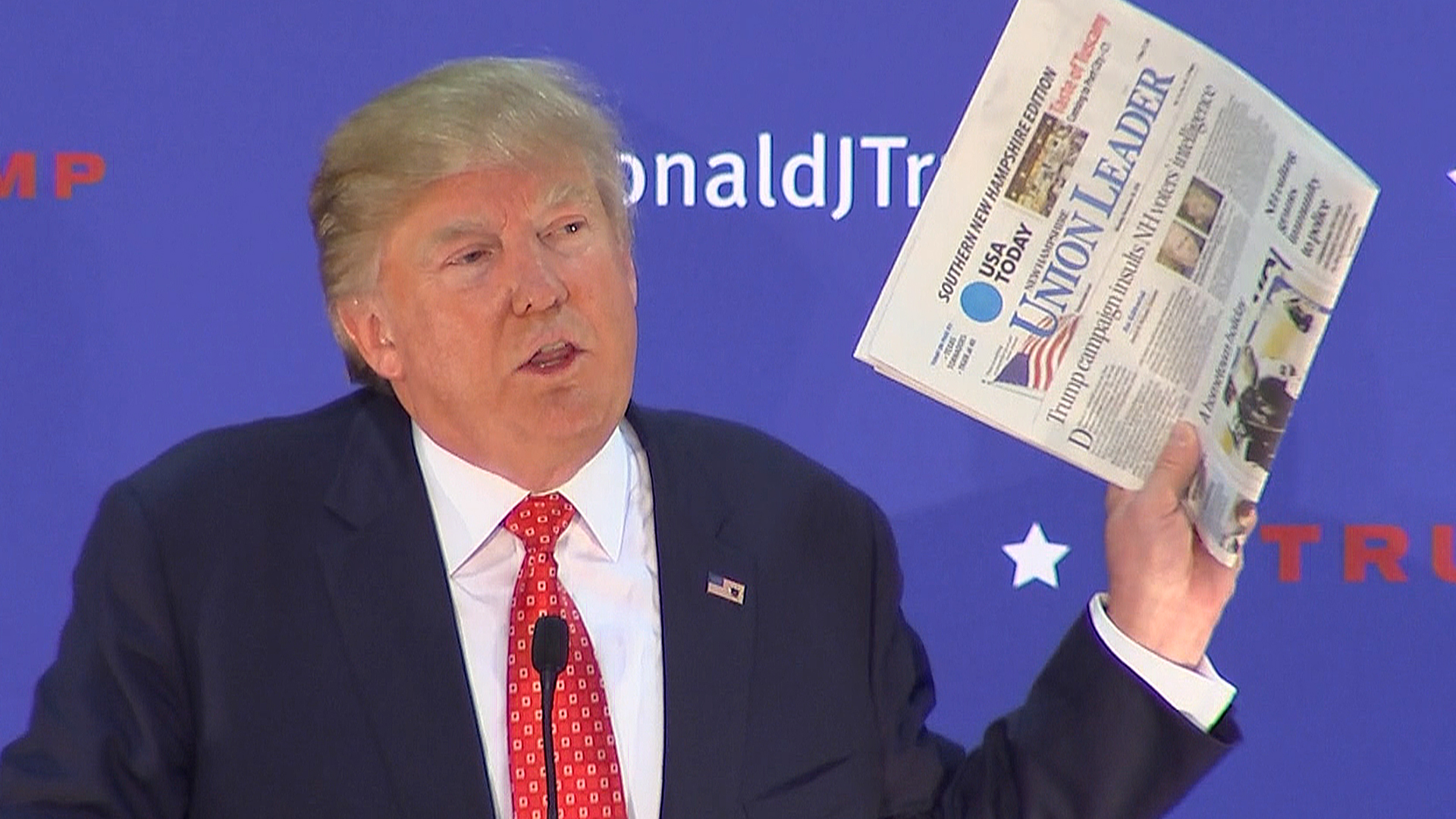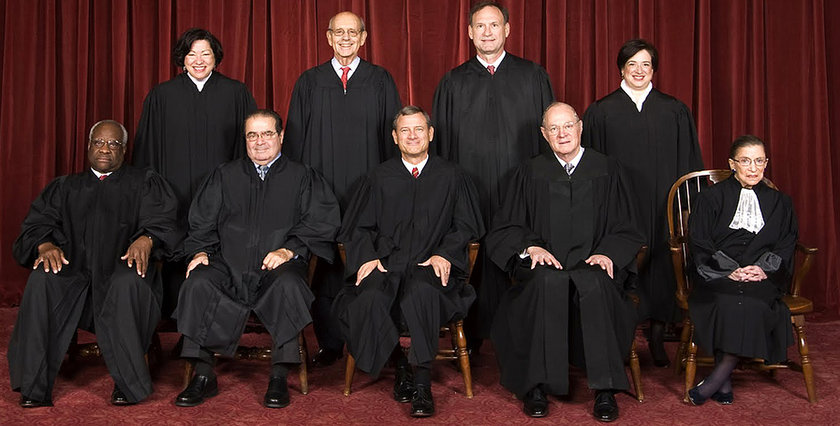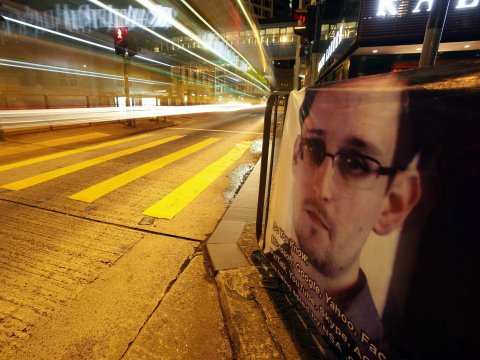It’s been argued by some seemingly sober-minded economists that wealth inequality isn’t a serious problem so long as those on the bottom rung economically are making gains, even if they’re far smaller than the ones enjoyed by their richer counterparts. This has seemed ridiculous to me from the start of the discussion about the 1%. My argument is that having a small class of incredibly super-rich citizens will allow the worst of them to try to erode liberties and seize different sorts of power, making a corrupt system even more so.
One chilling way this can play out is for the deep-pocketed to sue an attenuated press that’s already been buckled by the seismic shift of the Internet and the deep disapproval of the public. A tiny earthquake occurred this year when it was revealed that Peter Thiel, a billionaire and a poor man, had bankrolled the demise of Gawker, a site he’s called a “singularly sociopathic bully.” It didn’t occur to him as odd that he then spent large amounts of time and money helping Donald Trump, someone who fits that very description, into the White House. The President-Elect, who has a long history of using the courts to financially injure and intimidate his critics, vowed during the campaign to reign in the press. His unhinged attacks on the media since November 8 have done nothing to settle nerves.
At this bizarre moment in history, there may be a few hands on enough money to foreclose on the Fourth Estate. As Emily Bazelon writes in her New York Times article “Billionaires vs. the Press in the Era of Trump,” “superrich plaintiffs aren’t subject to the same market forces” as the rest of us. The opening:
In 2005, Tim O’Brien, then a financial reporter at The New York Times, published the book TrumpNation: The Art of Being the Donald. O’Brien talked to sources with an up-close view of Donald J. Trump’s finances, who concluded that the real-estate developer’s net worth was $150 million to $250 million, rather than the $2 billion to $5 billion Trump had variously claimed. Trump, who had courted O’Brien by taking him for rides in his Ferrari and private jet, sued O’Brien for libel in New Jersey in 2006. Trump called O’Brien a “wack job” on the “Today” show — while, O’Brien says, continuing to curry favor with him privately. O’Brien’s publisher, Warner Books, was also named in the suit and hired top lawyers who put Trump through an unsparing two-day deposition. Asked about his finances, Trump was caught lying or exaggerating 30 times. “He thought he’d get a friendly judge, and we would roll over,” says O’Brien, who is now the executive editor of Bloomberg View. “We didn’t.” The case went through four judges and was dismissed in 2009.
Trump’s suit against O’Brien is one of seven forays President-elect Trump and his companies have made as libel plaintiffs. He won only once, when a defendant failed to appear. But the standard measure — defending his reputation and achieving victory in court — isn’t how Trump says he thinks about his investment. “I spent a couple of bucks on legal fees, and they spent a whole lot more,” he told The Washington Post in March about the hefty sum he spent on the case against O’Brien. “I did it to make his life miserable, which I’m happy about.”
Trump was wrong: Warner Books spent less than he did, and O’Brien paid nothing. But that doesn’t make Trump’s central idea any less jarring: that libel law can be a tool of revenge. It’s disconcerting for a superrich (if maybe not as rich as he says) plaintiff to treat the legal system as a weapon to be deployed against critics. Once installed in the White House, Trump will have a wider array of tools at his disposal, and his record suggests that, more than his predecessors, he will try to use the press — and also control and subdue it.
As a candidate, Trump blustered vaguely that he wanted to “open up our libel laws.” I asked his spokeswoman, Hope Hicks, by email what he meant by that, but she didn’t answer the question (or others I posed). It’s not within the president’s direct powers to change the rules for libel suits. But our legal safeguards for writers and publishers aren’t foolproof. In the last few years, Trump has been joined by at least two billionaires who are determined to exploit cracks in the wall of defense around the press. The members of this club are innovators. They have sued or funded suits to defend reputations or protect privacy. But an underlying aim appears to be to punish critics like O’Brien or even destroy entire media outlets.•



